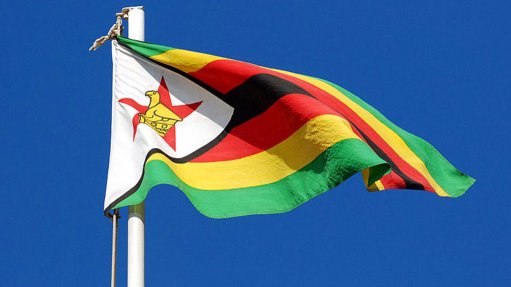
Zimbabwe on Wednesday denominated the surrogate bond note currency as part of reforms to the exchange rates, the Reserve Bank of Zimbabwe (RBZ) announced.
Presenting the monetary policy statement, RBZ governor John Mangudya said the central bank had taken note of contributions from stakeholders on the need to establish an inter-bank foreign exchange market to formalise the selling and buying of United States' dollars.
“Denominating the existing Real Time Gross Settlement (RTGS) balances, bond notes and coins in circulation as RTGS dollars in order to establish an exchange rate between the current monetary balances and foreign currency, the RTGS dollars thus become part of the multi-currency system in Zimbabwe,” he said.
Mangudya said the legal instrument to give effect to the denomination of the quasi-currency had been prepared.
The move was “essential in order to bring sanity in the foreign currency market while at the same time promoting exports, diaspora remittances and investments for the good of our national economy".
Zimbabwe introduced the bond notes and coins in 2016 as a way of addressing the liquidity crunch.
However, the quasi-currency was bonded and only used in Zimbabwe.
There have been repeated calls for Zimbabwe to dump its local currency and fully dollarise or join the Rand Monetary Union, which authorities have rejected.
In the past, Mangudya refused to concede that the US$ and the bond note were not trading at par, maintaining the trade ratio was 1:1.
On the black market Wednesday morning, a US$100-bill was trading at $400 electronic currency.
During the MPS, Mangudya announced immediate establishment of an inter-bank foreign exchange market in the country.
This, he said, was meant to formalise the trading of RTGS balances and bond notes with US$s and other currencies on a willing-buyer, willing-seller basis through banks and bureaus de change.
To restore the purchasing power of RTGS balances through safeguarding price stability emanating from the pass-through effects of exchange rate movements, Mangudya said the central bank “has arranged sufficient lines of credit to enable it to maintain adequate foreign currency to underpin the exchange market”.
Said the central bank governor: “Bureaux de change shall be authorised to purchase foreign currency without limits but shall be limited to sell foreign currency for small transactions such as subscription, business and personal travel up to a maximum aggregate daily limit of US$10 000 per bureau de change.”
Mangudya also announced an export retention threshold for various sectors, saying it would allow exporters to benefit from the inter-bank foreign currency market and to promote uninterrupted supply of forex in the economy.
Tourism, horticulture, transport and manufacturing would be allowed to retain 80% of their forex revenue while gold miners would retain 55% and other minerals 50%.
Tobacco and cotton growers would retain 30%.
To enhance liquidity within the foreign currency markets, Mangudya said, exporters had to use their retained export receipts within 30 days.